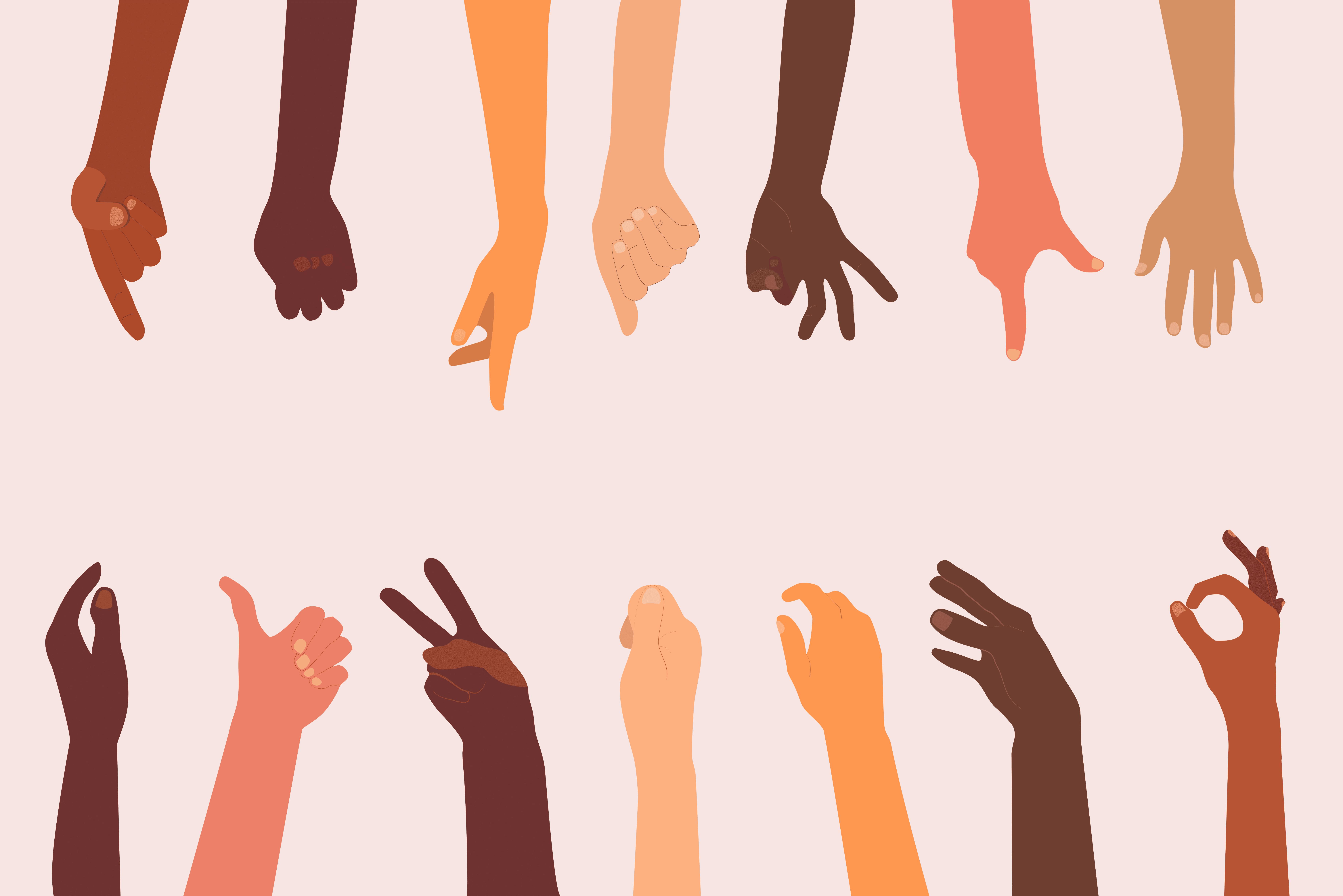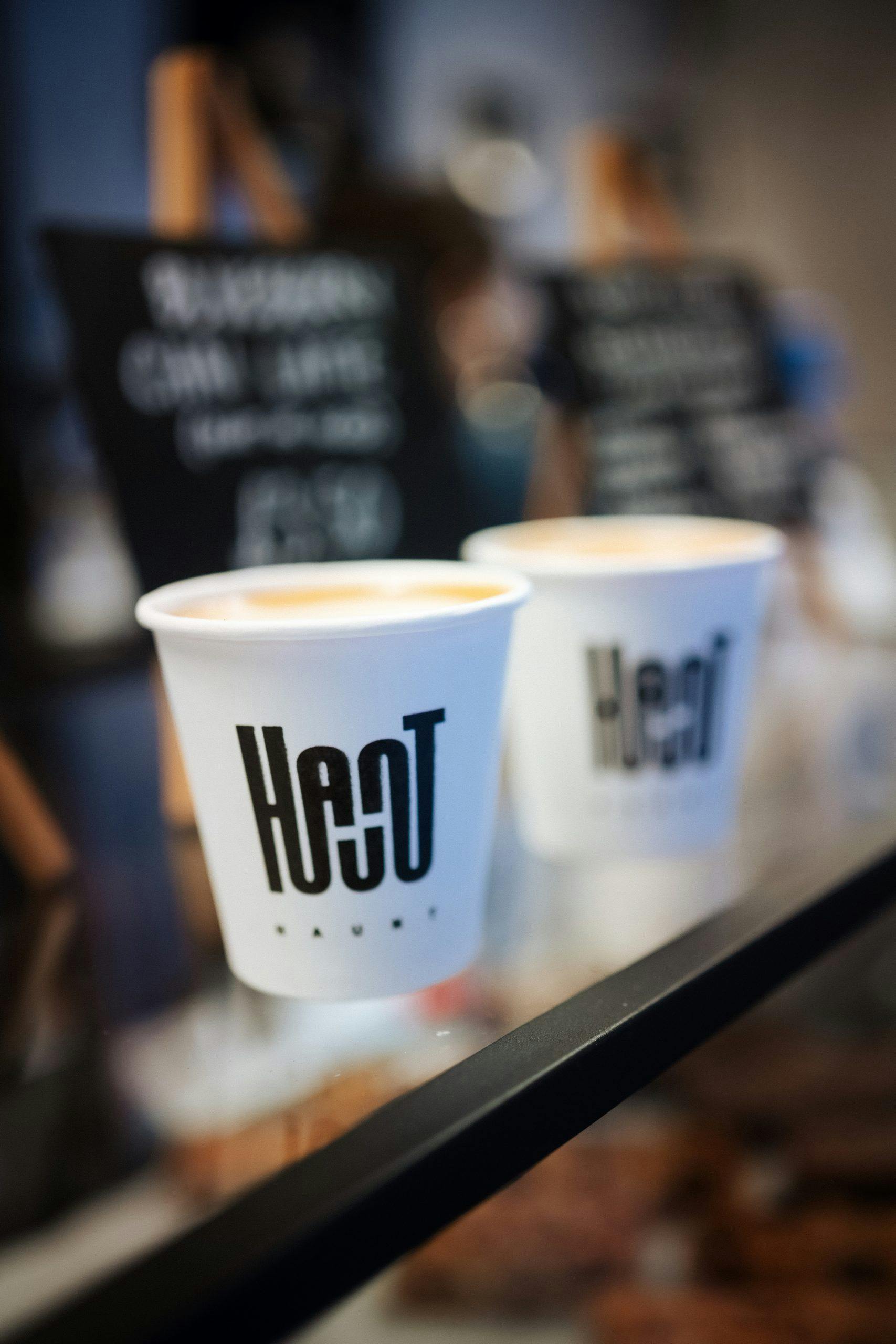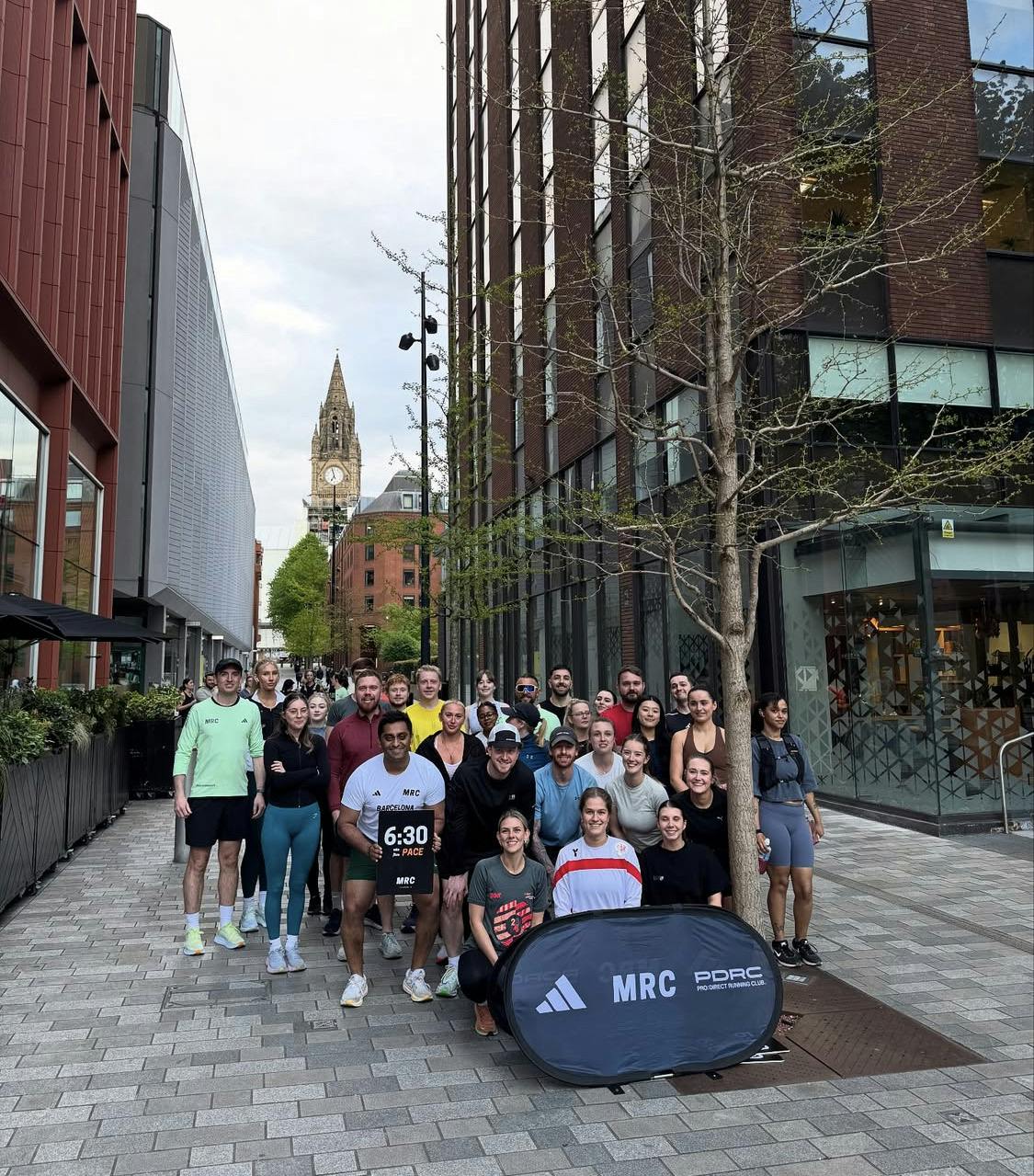
Today marks the start of Sign Language Week, which will run from 14th to 20th March. This week-long event is organised annually by the British Death Association (BDA). It celebrates British Sign Language (BSL) being recognised as a legitimate language in the UK.
For 2022, the theme that the BDA will be promoting is ‘BSL Bring Us Together’. A concept that will be promoted through providing lessons and informative resources.
In addition to highlighting some of the positive achievements of the Deaf community, the week encourages social inclusion and promotes awareness of organisations that provide support to the Deaf community. As a result, we are able to see how effectively concerted global advocacy works to raise awareness on multiple topics surrounding the Deaf community.
In the UK alone, there are almost 11 million people that are deaf or hard of hearing. BSL is the first language of 87,000 Deaf people in the UK. The language was formally recognised by the UK government in 2003 but still does not have full legal status, meaning many Deaf people are unable to access essential information and services in their first language.
This staggering figure highlights just how crucial sign language is as a method of communication – a method of communication that is still not integrated into society quite nearly enough.
In this blog, we’ll explore the importance of embracing BSL as another form of communication and showcase why inclusivity and accessibility are vital for businesses and event organisers (such as ourselves).
So, why is Sign Language Week so important?

This week is all about raising social awareness of sign language and helping people to understand how to communicate to break the barriers.
Deafness is the second most common disability in the country, but because of its invisibility, it can often go unnoticed. It goes without saying that lack of communication and understanding is one of the biggest barriers for the Deaf community, making it extremely difficult to work, socialise and engage with individuals and different formats of media.
As part of Sign Language Week, the campaign aims to challenge perceptions of hearing loss and deafness. Organisations work together to encourage the nation to do their research to gain a better understanding of BSL. This week is a chance for people to learn how language barriers affect Deaf people, learn about British Sign Language, and take a BSL course.
Most importantly, this week is about understanding the struggles of Deaf people and learning how to ensure they feel included, engaged and supported. Taking the time to simply educate ourselves on how to best support the Deaf community can go a long way.
In addition, the BDA also aims to push initiatives that improve accessibility and social inclusion throughout the community. Whether you are working, living, or interacting with deaf or hard of hearing people, or are simply interested in broadening your knowledge, getting involved in Sign Language Week is sure to be well worth your time.
How we at MYP embrace inclusivity and accessibility as part of our strategy
Since our inception in 2013, MYP has always strived to be an inclusive and accessible community.
We are consistently reviewing and updating our events, ticket options and policies to ensure our events are accessible to everyone. Most recently, we have added an option for when purchasing a ticket, an individual can state if they have any accessibility requirements. We will then contact that individual to see how we can ensure attendance at events can be achieved and how MYP can support that individual going forward.
Our MYP community is incredibly diverse and inclusive, which is something that we are proud of and continue to encourage. For us, ensuring that inclusivity is at the heart of everything we do is crucial. We caught up with a member of our community, Hardeep Senapati, who openly spoke of his experiences with us. Hardeep, who is deaf, works at Manchester United as Brand Management Intern, and has attended numerous MYP events with his BSL interpreter by his side. We asked him the following:
What does it mean to you, for people to take up the challenge of learning BSL for themselves?
“It’s important for both individuals and companies to take the initiative to learn BSL and be more educated on deaf awareness. This is essential if they want to bring deaf people to join the workplace. The aim is to be barrier-free and accessible.”
If people want to do more to educate themselves around BSL, what would you recommend they do?
“It would be that all HR teams in different types of businesses should invest in deaf people. Secondly, focusing on upskilling themselves, by for example going to Manchester Deaf Centre to take up sign language workshops and deaf awareness training. For example simply learning that BSL uses visual gestures and facial expressions.”
What does your role involve?
“My role at Manchester United is about developing market research and creative ideas to promote brand awareness in various ways, to interact with the fans.”
How do you get support?
“During the office day, I use my two supports to help me to carry out my role, a BSL interpreter and notetaker. The notetaker listens from spoken English then simplifies and summarises into English, which is written with electronic notes. My BSL interpreter listens to spoken English, thinks about how to simplify it and then summarises in BSL.”

What can you do to play your part in Sign Language Week?
There are numerous ways in which you can involve yourself, peers and employees in this very important and valuable campaign. Here are just a few ideas:
- Sign up to be part of Sign Language Week: By signing up here, you will receive daily BSL lessons, fascinating facts and messages from special guests throughout the week.
- Hold a session on deaf awareness: By taking just an hour out of your day at work to provide relevant information and links to useful resources, you could make the world of difference in helping your peers to understand sign language.
- Enquire about a BSL class with Manchester Deaf Centre (MDC): Good news for those interested in learning the basics of sign language, Manchester hosts some fantastic classes. MDC can also provide awareness training – we definitely recommend looking into this!
Review your technology in the workplace: Many Deaf people struggle with interpretation and communication in the workplace. As a result, it is paramount to ensure your workplace is accessible for Deaf people by integrating software applications and devices with in-built features.



